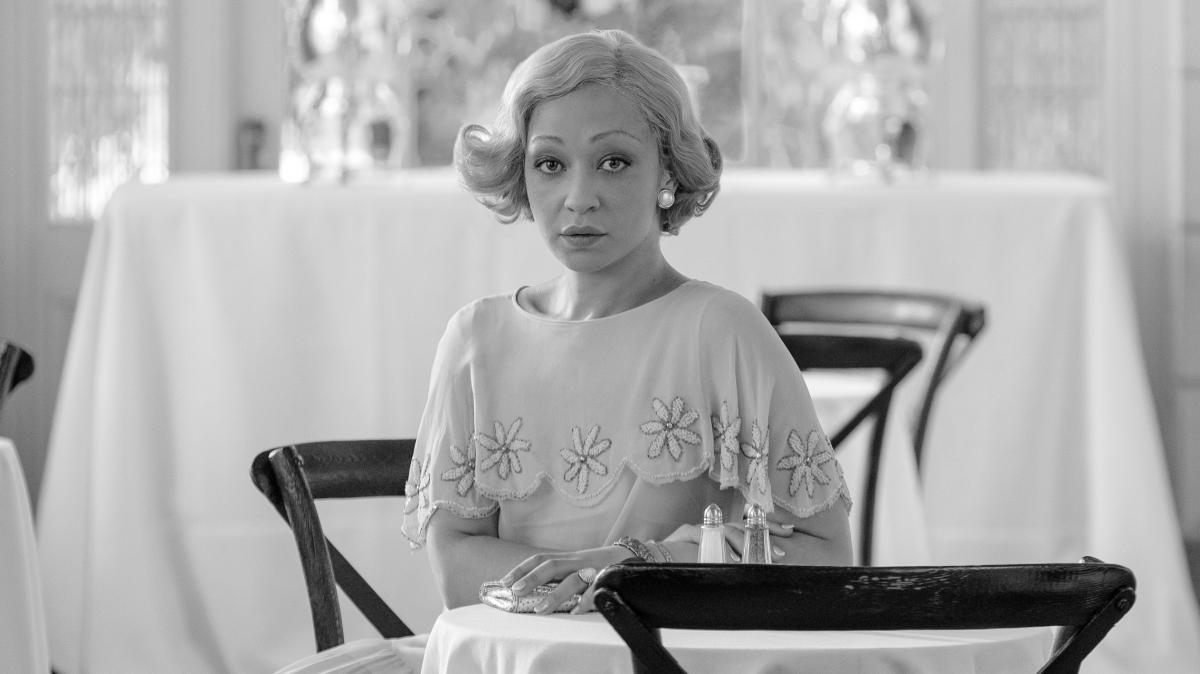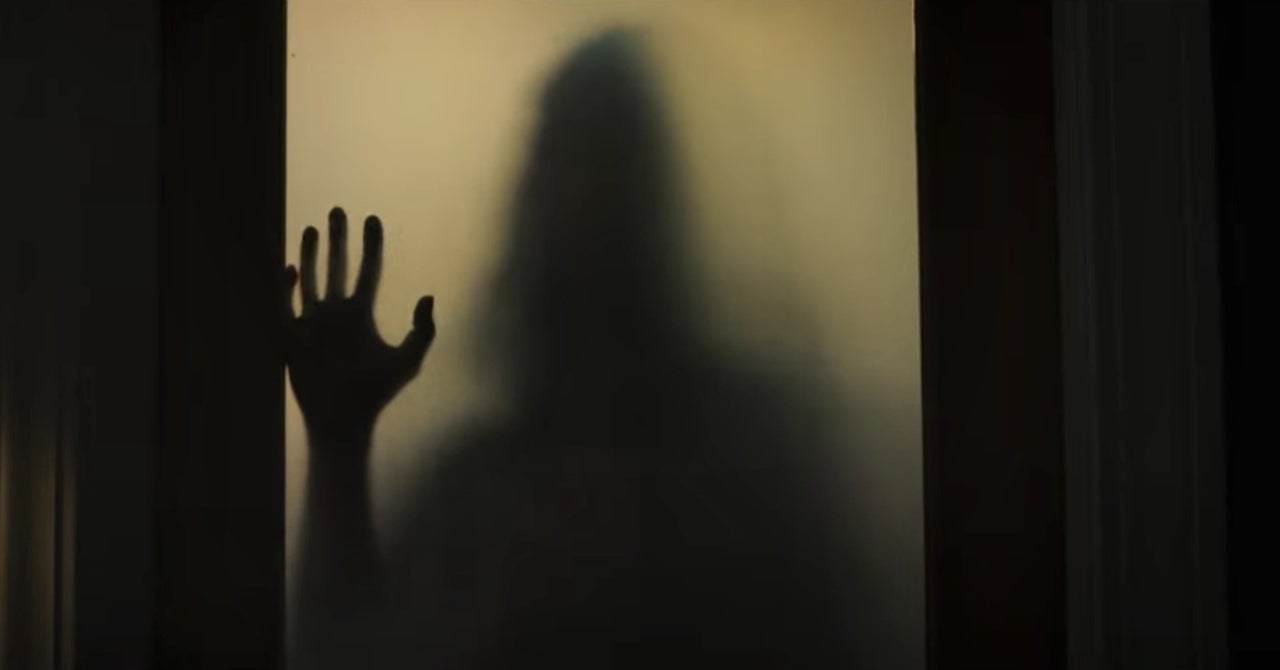Godzilla x Kong: The New Empire
by Hope Madden
Remember how good Godzilla Minus One was? Did you see the black and white version? Glorious!
It’s almost too bad that Adam Wingard’s Godzilla x Kong: The New Empire is really competing with the memory of that 2023 Oscar winner rather than his own moderately entertaining 2021 hit Godzilla vs. Kong. Because as a straight up sequel, G x K feels a little streamlined, a bit punchy. Dumb but moderately fun.
Writer Terry Rossio returns, teaming with longtime Wingard collaborator Simon Barrett, as well as Jeremy Slater. They prune most of the Godzilla storyline to focus on Kong and his search for family. That brings Dr. Andrews (Rebecca Hall) and young Jia (Kaylee Hottle) back into focus.
When the Doc needs help understanding Jia’s connection to energy spikes in Hollow Earth (Kong lives there now, remember?), she turns to podcast conspiracy spewster/world saver Bernie Hayes (Brian Tyree Henry). Together with a veterinarian who’s in touch with his emotions and really bad early 80s rock (Dan Stevens), Dr. Andrews, Jia and Bernie head to Hollow Earth to lend Kong a hand.
There’s a lot of Planet of the Apes going on in this movie. Kaiju action takes a back seat and, though brightly colored and relatively fun, it’s never central to the film. But Wingard can create a fake looking but fun creature fight and Hall gets to explain what’s going on frequently to her dumb company, which makes it easy for every the most sugar-hyped family members to follow the story.
What she’s doing in this franchise continues to be a head scratcher, but she can certainly act, which never hurt a movie. Henry and Stevens bring levity—or try. Both are also inarguable talents and they share a sweetly enjoyable onscreen chemistry, but nothing happening in G x K is as much fun as Wingard thinks it is.
Kong: Skull Island was fun. That was a popcorn muncher for the ages: the soundtrack, the shot choices, the monster carnage, the humor and pathos. And don’t even compare it to Minus One, that just wouldn’t be fair. But for a greenscreenapalooza of dumb monster action, Godzilla x Kong: The New Empire is adequate.













